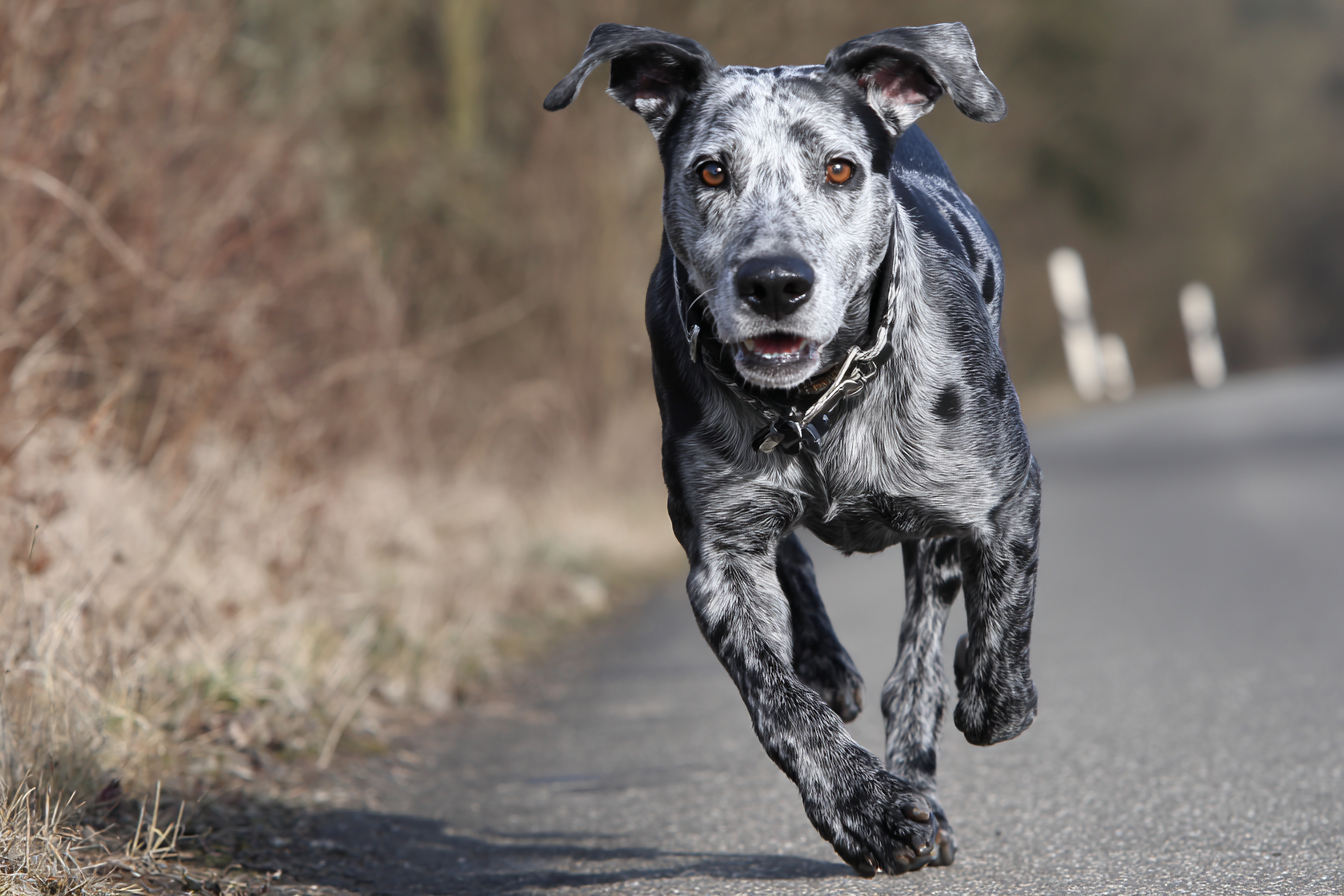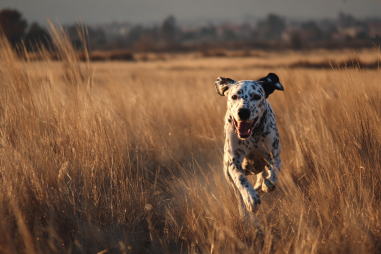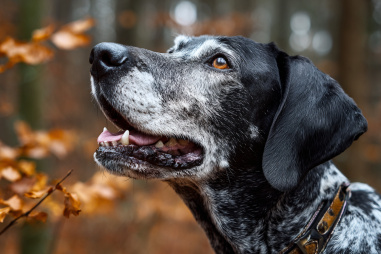Pointer dogs are lively, intelligent, and loyal companions known for their energetic spirit and keen hunting abilities. Like any breed, they have specific health needs and potential issues to be aware of to ensure they enjoy a long, happy, and healthy life. Understanding these common health concerns and how to effectively manage or prevent them is crucial for every Pointer owner.
Understanding Pointer Dog Health
Pointers are generally sturdy and healthy dogs, but their active lifestyle and genetics can predispose them to certain health problems. Their physical makeup and energetic nature mean that both preventative care and attentive management are essential. Early detection and treatment of issues can make a significant difference in outcomes. Staying informed about potential health risks allows you to provide the best care possible and keeps your Pointer at their best.
Genetic Health Concerns and Screenings
One of the most important aspects of caring for a Pointer is understanding their genetic predispositions. Responsible breeders typically perform health screenings to minimize inherited issues, but as an owner, knowing what to look out for and which tests might be advisable can help you catch problems early.
Some common genetic health concerns in Pointers include:
- Hip Dysplasia: This is a hereditary condition where the hip joint doesn’t form properly, which can lead to arthritis or mobility problems over time.
- Elbow Dysplasia: Similar to hip dysplasia but affects the elbow joint and can cause lameness and pain.
- Progressive Retinal Atrophy (PRA): This is an inherited eye disease that can lead to gradual vision loss and blindness.
- Hypothyroidism: A condition where the thyroid gland doesn’t produce enough hormones, impacting metabolism and energy.
Genetic screenings such as OFA (Orthopedic Foundation for Animals) evaluations for hip and elbow dysplasia, CERF (Canine Eye Registration Foundation) exams for eye health, and thyroid function tests are valuable tools for early detection. Discuss with your veterinarian about appropriate screening recommendations based on your Pointer’s age and health history.
Common Ailments in Pointers
Apart from genetic concerns, Pointers can be susceptible to certain common ailments. Being aware of these can help you recognize symptoms early and seek timely intervention.
Hip Dysplasia
Hip dysplasia is unfortunately one of the more frequent issues in medium to large breeds like Pointers. It develops when the hip socket doesn’t fully cover the ball of the femur, resulting in joint instability. Symptoms can range from mild stiffness after exercise to severe lameness. Long-term, it may lead to osteoarthritis and chronic discomfort.
Management strategies include maintaining a healthy weight, controlled exercise, physical therapy, and in some cases, surgery. Regular veterinarian assessments and x-rays can help monitor the condition.
Ear Infections
Due to their floppy ears and active lifestyle, Pointers can be prone to ear infections. Moisture and dirt can get trapped in their ear canals, providing a breeding ground for bacteria and yeast.
Signs to watch for include ear scratching, head shaking, redness, unpleasant odor, and discharge. Regular ear cleaning with vet-approved solutions, drying ears after swimming or bathing, and prompt veterinary care at the first sign of infection can help keep this common problem at bay.
Skin Conditions
Pointers may develop various skin conditions, from allergies to hotspots and dermatitis. Their short coat is relatively easy to maintain, but environmental allergens, flea bites, or food sensitivities can result in itching, redness, and irritation.
Maintaining a clean environment, using flea prevention, providing a balanced diet, and consulting your vet if skin issues arise will ensure your Pointer’s skin stays healthy.
Nutrition and Exercise for Health Maintenance
Nutrition and exercise form the cornerstone of your Pointer’s overall well-being. Providing a balanced diet suited to their activity level supports their immune system, helps maintain healthy joints, skin, and coat, and prevents obesity, which can exacerbate joint problems.
Consider a high-quality dog food formulated for active breeds, rich in essential fatty acids, vitamins, and minerals.
Physical activity is also vital since Pointers are energetic dogs that thrive on regular exercise. Daily walks, runs, playtime, and mental stimulation are important. However, avoid overexertion, especially during puppyhood, as excessive high-impact exercise can contribute to joint development issues.
Recognizing Signs of Illness in Your Pointer
Knowing the signs that your Pointer might be unwell can help you act quickly. Pets can’t communicate discomfort directly, so keen observation is essential. Look out for:
- Changes in appetite or weight
- Limping, stiffness, or difficulty moving
- Excessive scratching or licking of skin and ears
- Unusual discharge or odor from ears or eyes
- Behavioral changes such as lethargy or irritability
- Coughing, sneezing, or respiratory changes
Early veterinary consultation when you notice such signs can prevent conditions from worsening and improve your dog’s quality of life.
Recommended Regular Veterinary Care
Routine veterinary visits are key to maintaining your Pointer’s health. Regular wellness exams allow your vet to monitor weight, dental health, joints, and detect early signs of diseases. Adult dogs typically benefit from annual check-ups, though older dogs or those with health issues may need more frequent visits.
Vaccinations, parasite prevention, dental cleanings, and blood work are important components of preventive healthcare. Your vet can also advise on appropriate screening tests, diet adjustments, and exercise plans tailored to your Pointer’s age and lifestyle.
By maintaining a proactive approach to your Pointer’s health through proper nutrition, exercise, routine veterinary care, and awareness of breed-specific health concerns, you can help ensure they lead a vibrant and joyful life by your side.







